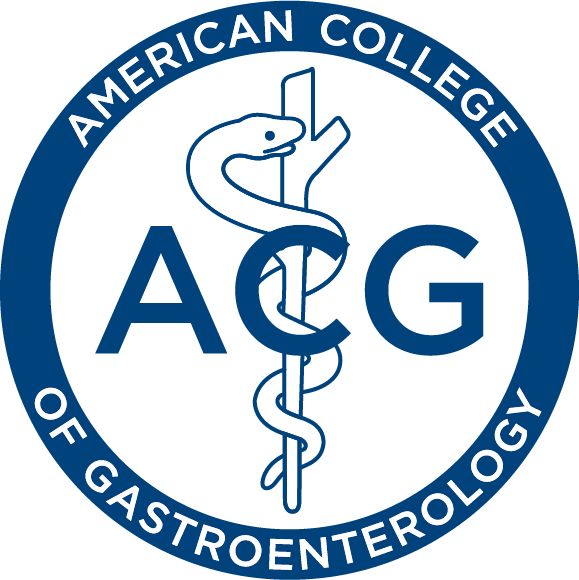Newswise — Capsule colonoscopy, in which patients swallow a small video capsule that then examines the colon for polyps, could be a promising new tool for colon cancer screening in at-risk patients, according to findings presented at the 71st Annual Scientific Meeting of the American College of Gastroenterology.
Blair Lewis, M.D. of Mount Sinai School of Medicine and his colleagues conducted a blinded trial study to assess the efficacy of capsule colonoscopy in screening high-risk patients for colon polyps and cancer. The study examined 51 patients, average age 54. Thirty-one were examined for routine screening while 16 had family histories of colon cancer. Three patients had blood in their stool and one had a personal history of colon polyps. Patients underwent two bowel cleansings, one for the capsule colonoscopy and one for the virtual colonoscopy (VC) and colonoscopy. All doctors were blinded to each other. The doctors reading the capsules did not provide results to the doctors performing the VC or colonoscopy. At the end of the colonoscopy, the study was unblinded for all results and colonoscopy was repeated to assure that nothing was missed.
Seventeen pre-cancerous polyps were found in 15 of the 51 patients. 16 of 17 were detected by colonoscopy, 12 of 17 were detected by capsule colonoscopy and 5 of 17 were detected by virtual colonoscopy.
According to Dr. Lewis, "Capsule colonoscopy is a promising new technology for visualizing the colon. Furthermore, capsule colonoscopy may complement colonoscopy in cases where colonoscopy is contraindicated, in incomplete colonoscopy, and for patients unwilling to undergo standard colonoscopy. Capsule colonoscopy appears to be more sensitive than virtual colonoscopy in detecting small colon polyps and it has potential for colorectal cancer screening."
Capsule colonoscopy is not FDA approved and is still investigational at this time.
Video Capsule Endoscopy Shows Promise for Colorectal Screening
In another study presented at ACG, researchers compared the capsule endoscopy (PillCam? Given Imaging, Israel) to the standard colonoscopy in the detection of polyps. Patients who participated in the study were either at high risk for colorectal cancer, scheduled for colorectal cancer surveillance or symptomatic. Based on the results, capsule endoscopy detected 70 percent of polyps while 80 percent of polyps were detected using standard colonoscopy.
Patients underwent standard colon preparation for the evening before the procedure. They ingested the capsule the next morning along with small doses of laxatives to accelerate capsule propulsion. Standard colonoscopy was performed on the same day. The results from both the capsule and standard colonoscopy were analyzed separately.
"Improvements in the procedure may increase capsule endoscopy completion and polyp detection rates. Further studies are needed to evaluate capsule endoscopy accuracy in the average risk population," said Dr. Ramil Eliakim, M.D. of Rambam Medical Center in Haifa, Israel.
About the American College of GastroenterologyThe ACG was formed in 1932 to advance the scientific study and medical treatment of disorders of the gastrointestinal (GI) tract. The College promotes the highest standards in medical education and is guided by its commitment to meeting the needs of clinical gastroenterology practitioners. Consumers can get more information on GI diseases through the following ACG-sponsored programs:
"¢ 1-800-978-7666 (free brochures on common GI disorders, including ulcer, colon cancer, gallstones, and liver disease)"¢ 1-866-IBS-RELIEF and http://www.ibsrelief.org (free educational materials)"¢ 1-800-HRT-BURN (free brochure and video on heartburn and GERD)"¢ http://www.acg.gi.org (ACG's Web site)
MEDIA CONTACT
Register for reporter access to contact detailsCITATIONS
American College of Gastroenterology 71st Annual Scientific Meeting
